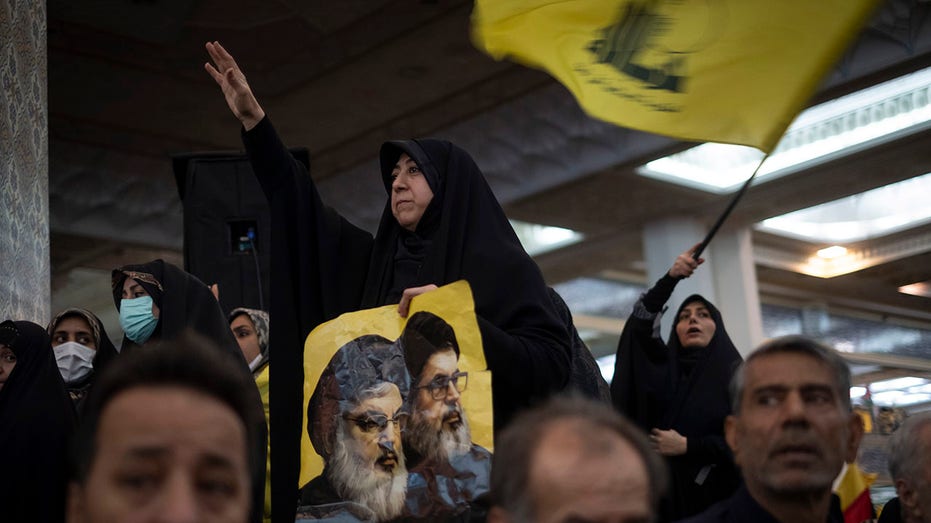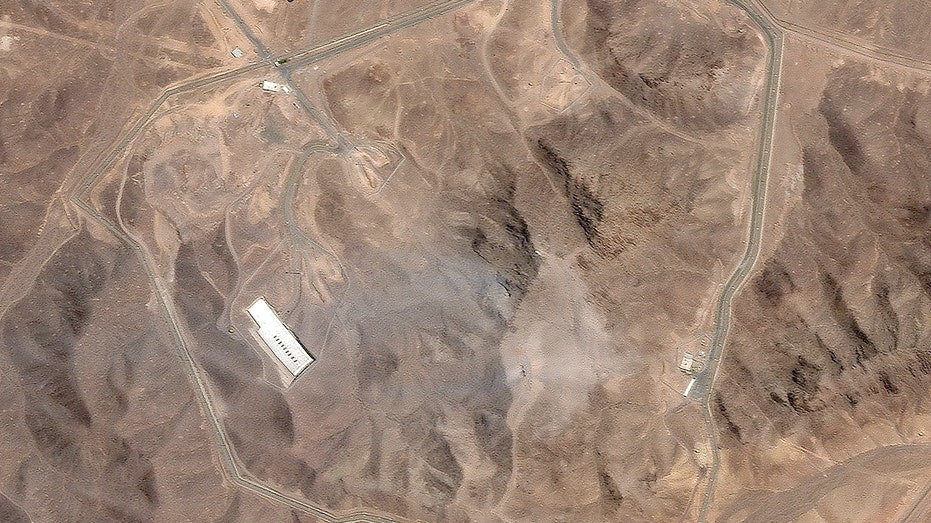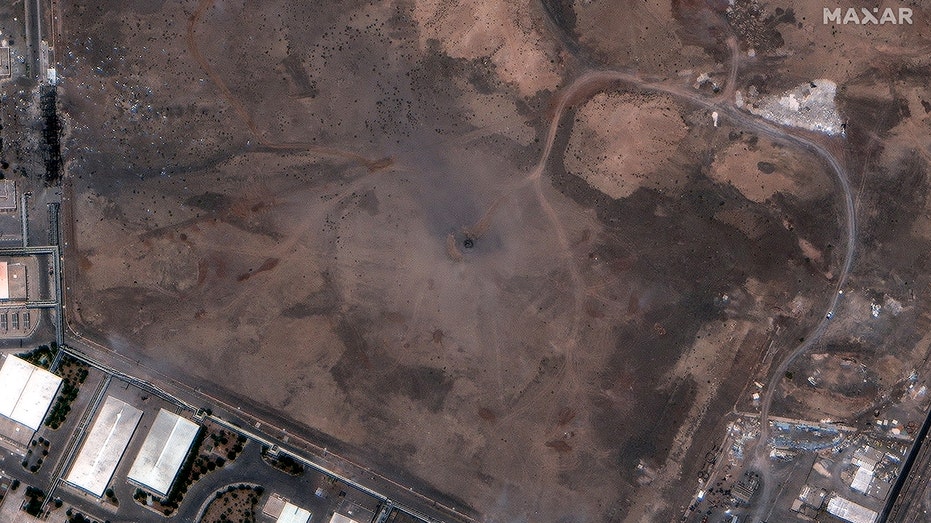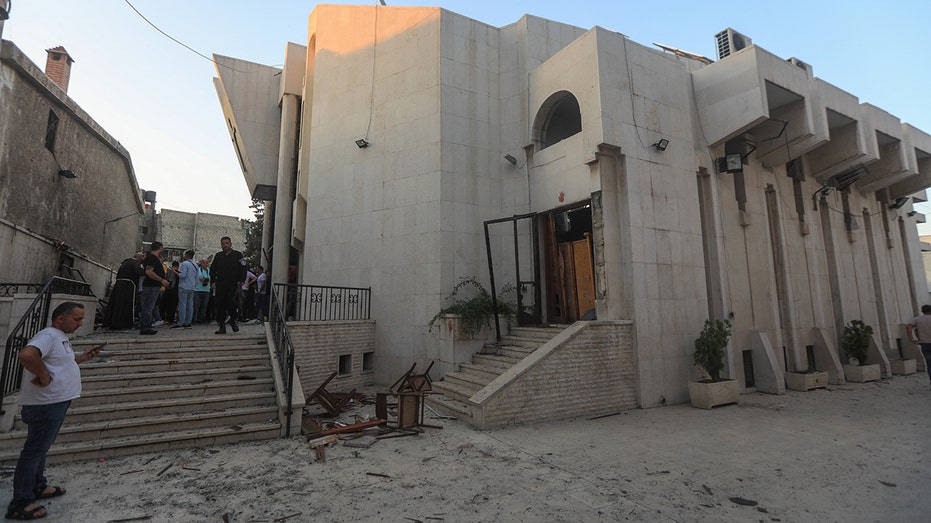Hezbollah’s Grip Weakens: Lebanon Begins to Whisper About Peace With Israel

Sarah Johnson
April 24, 2025
Brief
Lebanon is witnessing unprecedented public discussion on peace with Israel, driven by Hezbollah’s weakening, political shifts, and strong international pressure for normalization and reform.
Beirut is feeling a new breeze these days, and it’s not just the usual Mediterranean gust. Following a bruising blow to Hezbollah’s top brass and a big push from Washington, a surprising conversation is bubbling up in Lebanon: open talk about peace with Israel.
Rami Naim, a journalist who once landed in jail for saying such things out loud, now says it without a second thought. "Thanks to Hezbollah being weakened and defeated after the war with Israel, we are finally in a position to have this conversation about peace with Israel," Naim declares. Just last year, Hezbollah’s supporters made him a target for his candor, but times are clearly changing.
The election of Joseph Aoun as Lebanon’s president this January has only added momentum. With over two years of political gridlock finally broken, Lebanon’s anti-Hezbollah factions see Aoun’s ascent as a win and a sign that the old red lines are fading. Public opinion, long kept quiet, is now poking its head out for a look around.
Some Lebanese are even going on camera, faces clear, to say they expect normalization with Israel is just a matter of time. One man put it bluntly: "It will take time, but it will happen eventually." Another, visibly weary, added, "Israel wants peace. They don’t want war. We’re exhausted." If only making peace was as easy as ordering a coffee in Beirut’s Hamra district.
On the international front, Morgan Ortagus, the U.S. deputy special envoy for Middle East Peace, isn’t mincing words. She’s called Hezbollah a "cancer" that Lebanon needs to cut out if it ever wants a shot at recovery. Ortagus also took a swing at Iran for dragging Lebanon into unwanted wars, reminding everyone that the Lebanese government never asked for this mess. According to her, "people were forced into a war that nobody wanted to be in."
After a high-profile meeting with President Aoun, Ortagus openly thanked Israel for helping to defeat Hezbollah—something that would have been unthinkable on the Lebanese political stage not so long ago.
Still, as Naim points out, the hard part is getting Lebanon’s political establishment to catch up with the public mood. "We need America to keep pressure on Lebanon’s corrupt politicians, who have enabled Hezbollah to rebuild its military capabilities. These politicians must publicly endorse peace. It’s not just activists and journalists who should be saying it. The decision-makers must step forward."
Calls for foreign intervention aren’t new in Lebanon, but now the focus is squarely on keeping the country’s leadership from backsliding into old habits. Naim, who’s clearly had enough of "compromises and deals with Iran behind our backs," says the pressure needs to keep coming—especially if Trump returns to the White House. "What makes us optimistic about Trump is that he fulfills his promises and conducts negotiations from a position of strength, not weakness."
Of course, not everyone’s ready to break out the confetti. The issue of Palestinian refugees in Lebanon is still a major sticking point. As one Lebanese man said, "You can’t have 500,000 Palestinians living here, then the Israelis come make peace and normalization, and leave them all here with us." The complexities of Middle East peace, as always, refuse to be swept under the rug.
Still, the old taboos are fracturing. "The majority of the Lebanese people today are supportive of normalization and peace with Israel," Naim insists. After decades of war fatigue, there’s a clear hunger for peace—at least among the people. Whether Lebanon’s politicians have the courage to keep up, that’s the million-dollar question.
Topics
Editor's Comments
You know Lebanon’s political scene is changing when people can finally say ‘peace with Israel’ in public and not just in whispers—without a side of panic! If only politicians could move as fast as public opinion, maybe we’d see peace break out before the next Beirut traffic jam.
Like this article? Share it with your friends!
If you find this article interesting, feel free to share it with your friends!
Thank you for your support! Sharing is the greatest encouragement for us.



